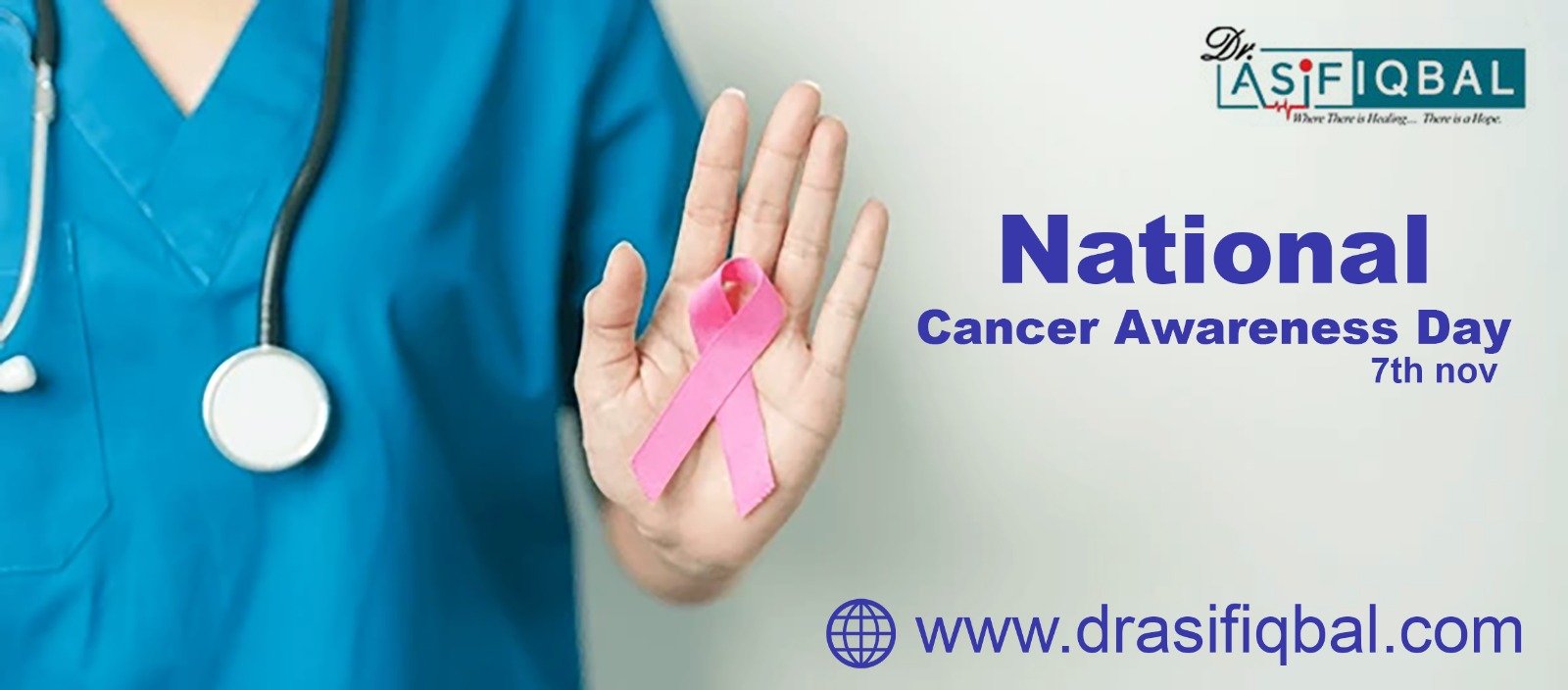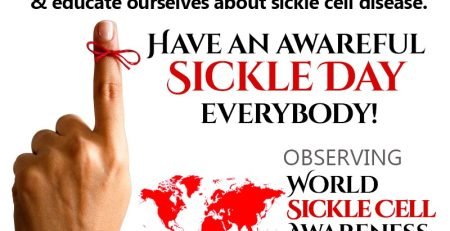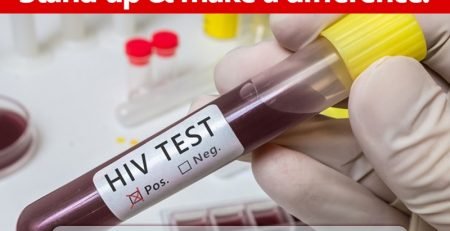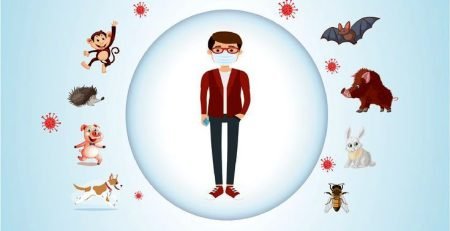National Cancer Awareness Day: Breaking Barriers
National Cancer Awareness Day (observed every November 7th) plays a crucial role in raising awareness about the importance of early cancer detection, lifestyle modifications, and the ongoing research that continues to shape the fight against cancer.
Cancer is one of the leading causes of death worldwide, but through awareness, education, and early detection, we can take meaningful steps toward prevention and treatment.
The Significance of National Cancer Awareness Day
National Cancer Awareness Day is a time to highlight the advancements in cancer prevention and treatment, while also stressing the importance of understanding risk factors and warning signs. This day encourages people to learn more about the ways they can reduce their risk of developing cancer, including adopting healthier lifestyles and undergoing regular screenings.
One of the primary goals of National Cancer Awareness Day is to promote early detection. Early-stage cancer can often be treated more effectively, increasing the chances of survival. Regular screenings, such as mammograms, colonoscopies, and Pap smears, can detect cancers before symptoms appear, when they are often easier to treat.
Health Risks of Obesity
Breaking Down Barriers in Cancer Prevention and Treatment:
Despite advances in cancer treatment, there are still significant barriers to effective prevention and care. Health inequities, lack of access to screening, and misconceptions about cancer can all contribute to delays in diagnosis and treatment.
National Cancer Awareness Day is an opportunity to break down these barriers by educating people about the steps they can take to prevent cancer. Preventive measures can include:
Healthy Diet: A balanced, nutritious diet rich in fruits, vegetables, and whole grains can help reduce the risk of several types of cancer.
Physical Activity: Regular exercise is linked to a lower risk of many cancers, including breast, colon, and lung cancers.
Tobacco Avoidance: Smoking is a leading cause of cancer, and quitting or avoiding tobacco products is one of the most important preventive measures.
Regular Screenings: Regular check-ups and screenings can help detect cancer in its early stages, improving the chances of successful treatment.
Raising Awareness for Cancer Survivors and Caregivers:
Beyond prevention, National Cancer Awareness Day also recognizes the importance of supporting cancer survivors and their caregivers. The emotional and physical toll of cancer treatment can be overwhelming, and it’s crucial that survivors receive adequate support in their journey to recovery.
By increasing awareness and providing accessible resources, we can ensure that cancer patients receive the necessary care and emotional support they need to navigate their battle with cancer.
How to Get Involved:
On National Cancer Awareness Day, here are a few ways to contribute to the fight against cancer:
- Participate in Cancer Awareness Campaigns: Engage in awareness campaigns, share information on social media, or attend local events.
b.Donate to Cancer Research: Support research initiatives that are working toward more effective treatments and better outcomes for patients.
c.Encourage Preventive Actions: Advocate for healthier lifestyles and encourage people to get regular screenings.
d. Support Cancer Survivors: Offer emotional and practical support to those affected by cancer, and raise awareness about the importance of caregiver support.
By breaking down barriers and focusing on prevention and early detection, we can move closer to a world where cancer is no longer a leading cause of death.












Leave a Reply